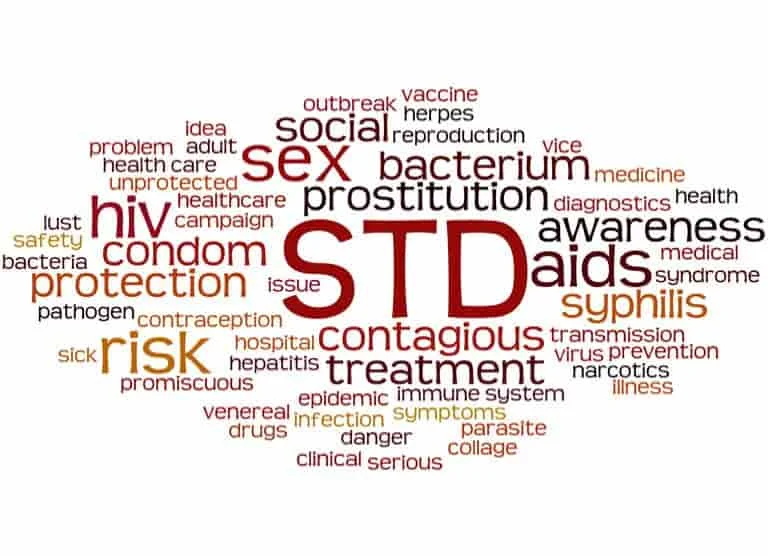
Monday to Friday 9:00 AM - 6:00 PM
Saturday to Sunday 10:00 AM - 2:00 PM
 Book Appointment
Book Appointment

Monday to Friday 9:00 AM - 6:00 PM
Saturday to Sunday 10:00 AM - 2:00 PM
 Book Appointment
Book Appointment

Commonly known as STD, sexually transmitted diseases are spread by sexual intercourse. An individual can get infected when he or she has sex with an infected person. If you think you have STD or you are at risk of it, visit STI clinic in London for diagnosis and proper treatment.
You can be infected from any sexual activity involving the mouth, penis, anus, or vagina. STDs are serious illnesses that require prompt treatment. They should not be taken for granted.
There is no cure for some STDs such as HIV; it is one of the most deadly STDs. Other STDs that are treatable are the human papillomavirus (genital warts), gonorrhoea (clap), genital herpes, syphilis, hepatitis B, and chlamydia.
Some STDs do not show any symptoms while some do. However, some of the most common symptoms are:
You can go for a private STD testing if you think you are at risk of a sexually transmitted infection. Another way to go about it is to talk to your doctor — he or she can recommend you go for full STD tests in London to determine if you have an STD.
If the test result shows that you have an STD, treatment will commence immediately. This is very important as it prevents further damages from happening in your body,and early treatment curbs the situation and prevents it from escalating.
It also reduces the risks of you spreading it to others. Treatment will be given to you,and it will help cure the STD (if it is the curable type). It will also lessen the symptoms of the STD, reduce your likelihood of spreading it to others and help you get healthy and remain healthy.
Many sexually transmitted diseases are treated with the help of antibiotics. If your doctor gives you antibiotics to treat your STD, you have to follow the dose strictly and take all the drugs even if the symptoms are gone halfway through the treatment.
Also, do not give someone else your medication and do not take another person medication to treat your disease. When you do so, the disease can come back again,and this time around, it may be more challenging to diagnose and treat because the bacteria would have become resistant to the treatment. This is known as antibiotic resistance.
Some doctors give their patients additional antibiotics to give to their partners so that both of them can be treated at the same time. You can ask your doctor to do this for you.
There are several ways you can protect yourself from STDs, and some of them are:
you can reduce your risks of infecting others with STDs if you follow these tips below
At the STI clinic,we provide same day STD testing in London. Our team of experienced doctors will diagnose and treat you of various STDs.We are friendly and provide a comfortable environment where you can ask questions regarding your health. Also, every information obtained from our patient is treated as highly confidential.
Call us today on 02071830649 to book an appointment.
